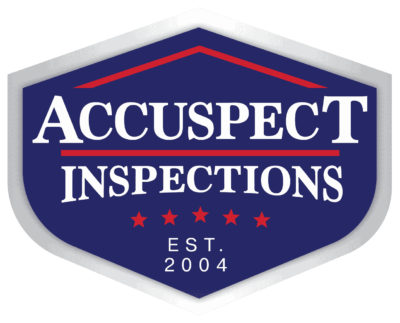If you are sneezing, congested, and itchy all the time, you may be wondering if you have a seasonal allergy or an indoor mold allergy. Sometimes, it can be difficult to tell the difference, but some key signs can help you figure it out. Having AccuSpect Inspections inspect your home for mold is one of the best ways to eliminate a suspect. So, let’s look at how you can tell the difference between seasonal and mold allergies.

What Are the Symptoms of Seasonal Allergies and Mold Allergies?
Seasonal allergies are triggered by exposure to airborne allergens, such as pollen from trees, grasses, and weeds. Symptoms include sneezing, runny nose, itchy eyes, and congestion. People with seasonal allergies may also experience hives, headaches, and fatigue. However, mold allergies can cause respiratory problems, including coughing, wheezing, and difficulty breathing. People with mold allergies may also experience headaches, fatigue, and difficulty concentrating.
What Is the Timing of Your Allergies?
Seasonal allergies typically start in the spring when trees and flowers bloom. Some people’s allergies are more severe in the morning because pollen counts are highest at this time of day. The good news is that seasonal allergies generally peak after a few weeks and then diminish as the season progresses. However, people with seasonal allergies may continue to experience symptoms into the fall, when ragweed and other plants are still in bloom. Mold allergies, on the other hand, occur year-round.
How Can You Treat Seasonal Allergies?
One of the most important things you can do to avoid seasonal allergies is to avoid things that trigger you. This may mean staying indoors on days when pollen levels are high or using a HEPA filter in your home to remove allergens from the air. If avoidance isn’t possible or isn’t enough, there are also a number of over-the-counter and prescription medications that can help relieve symptoms.
How Can You Treat Mold Allergies?
Avoiding indoor mold allergies means keeping your indoor environment as clean and free of dust as possible. This means regular vacuuming and dusting and maybe even investing in an air purifier. Another thing you can do is to avoid areas of your home where mold is likely to grow, such as damp basements or humid bathrooms. If you have to go into these areas, make sure to wear a mask and wash up thoroughly afterward.
Are You Ready to Address Mold Allergies in Your Home?
Is it a mold allergy in your Detroit, MI, home? Then it’s time to call AccuSpect Inspections. Our certified mold testing can be done by either collecting air samples or swab samples. With the results in your hands in 24 to 48 hours, you can make the best treatment decisions moving forward. We also offer many other specialty inspections, including infrared, pool and spa, and radon testing. So, give us a call at (734) 467-7238.
